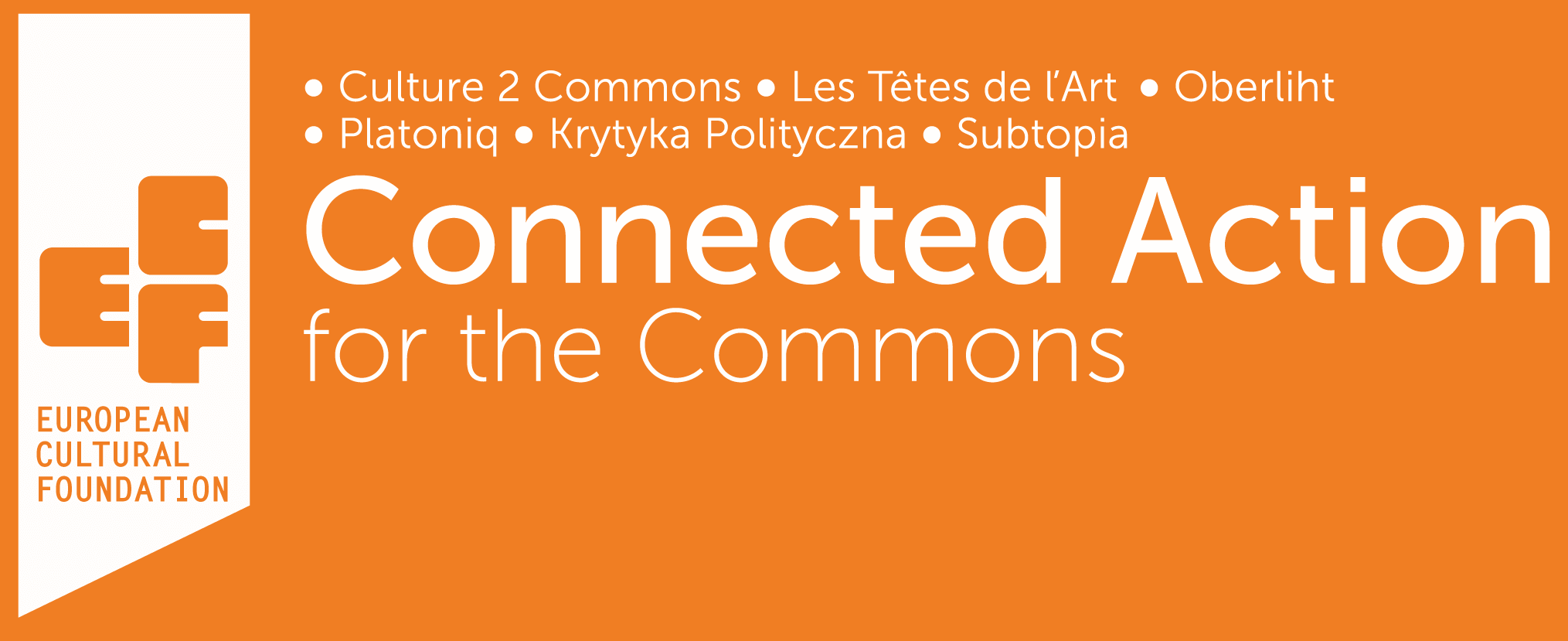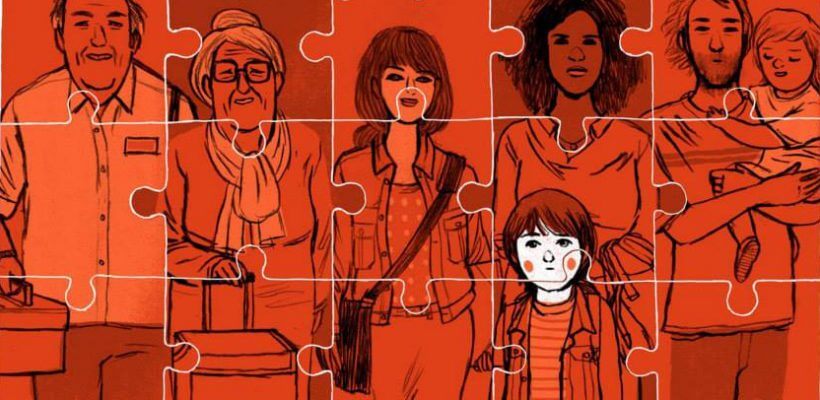The Spanish context cannot be separated from the current seismic disturbances in its political sphere. The Spanish political party system is in a deep struggle for power between the heavily monied, old guard ruling class – represented by the incumbent Partido Popular (PP) – and the increasingly powerful left wing, in part represented by the academic – and activist-led upstart party Podemos. This polarizing new party once modeled a bottom up alternative to the status quo, but now seems to have forked into a more traditional, even unexpectedly closed party, which nevertheless represents the possibility of change from within the system. The recent general election was inconclusive, leading to negotiations among the parties to form “pacts”, effectively making deals to combine their votes, thus determining who leads the country. Meanwhile, as alliances shift, a second election will be held in June 2016 if these negotiations are not satisfactory by late April.
Although public interest among Spanish citizens in news reporting was rated highest in this 2015 Reuters report about news and media, it also showed very low results for Spain in terms of public trust in that media. Independent missions have investigated the freedom of the press, freedom of information and related prohibitive laws in Spain. The linked report balances this negative criticism with descriptions of the public support – including membership models – of new media outlets including La Marea, Críti.cat, InfoLibre, Alternativas Económicas, eldiario.es, Mongolia, among many others.
Culture has been at the center of some sensational media coverage recently. Mainstream media showcases any breaks in cultural tradition which are commissioned, endorsed, or even simply included in programs organized by the new left-wing government administrations in cities like Madrid and Barcelona, sometimes with darkly comical results. “Terror” is the new witch hunt, and even references made to terrorism can result in the detainment of artists.
The world-class financial embezzlement, social injustice and corruption scandals in Spain are present but often less dramatically presented in the mainstream press. Instead, these events are increasingly – and effectively – brought to the public eye in more peer-to-peer ways, including several highly successful Goteo crowdfunds supporting legal action against the most egregious offenses in finance, in defense of the right to housing, and in the struggle against worker precarity, among many others. Other examples, such as a wide variety of citizen-led initiatives, show the successful influence of the methods and aims of the 15M protest movement as a cultural shift towards more participation, demands for transparency and interest in supporting collective actions for the commons.
Join the conversation with Ann Marie on the Crowdfunding for Culture Lab: http://ecflabs.org/app/lab/crowdfunding-culture/political-social-and-cultural-context-spain-march-2016

